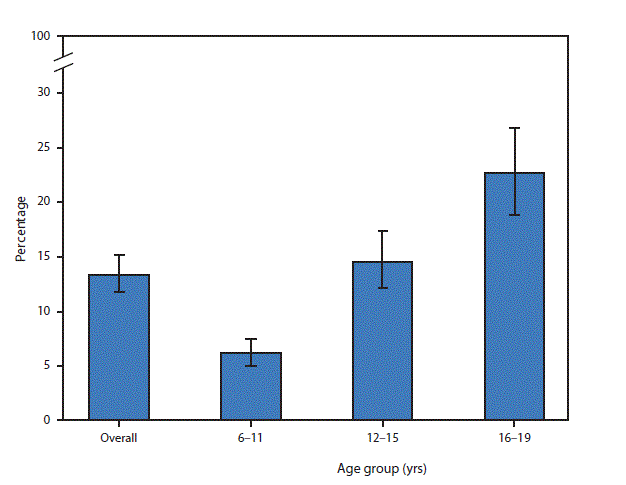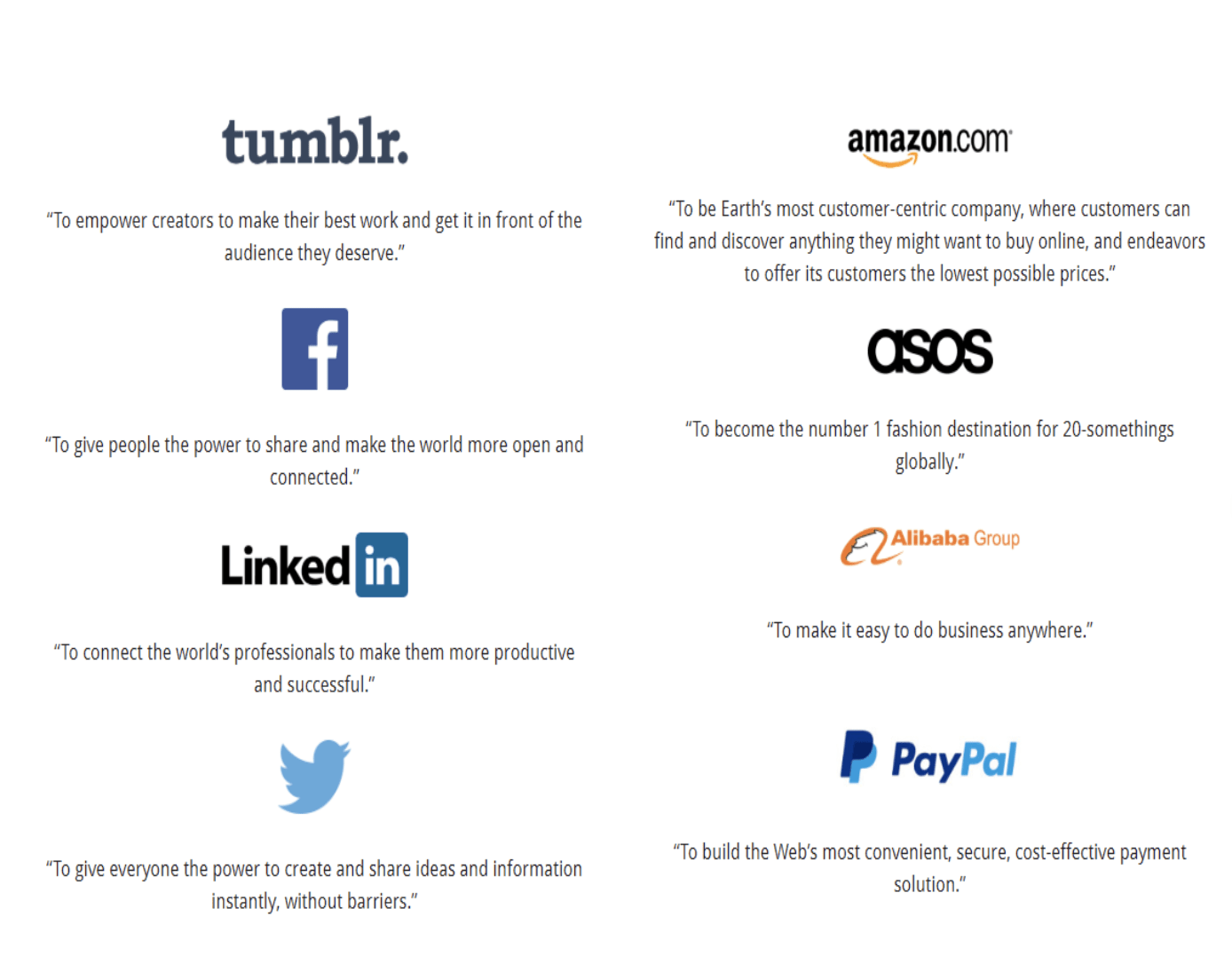
Graph: Prevalence of Untreated Dental Caries in Permanent Teeth Among Children and Adolescents Aged 6–19 Years, by Age Group — National Health and Nutrition Examination Survey, United States, 2011–2014 https://www.cdc.gov/nchs/data/databriefs/db191.htm
In the U.S. there are 78,150,360 children between 1-18 years of age. The number of children between 6 and 18 is 53,731,394.
During 2011–2014, 13.3% of children and adolescents aged 6–19 years had untreated dental caries in their permanent teeth. The percentage of children and adolescents with untreated dental caries goes up with age: 6.1% among those 6–11 years old, 14.5% among those 12–15 years old, and 22.6% among those 16–19 years old.
This means about 7,000,000 children between the ages of 5 and 18 have active caries. As far as I know, caries do not get better by themselves.
As of 2015, there were 195,722 practicing dentists in the United States. To address the problem, each dentist would need to see an additional 36 to 40 more patients a year. Dentists work at the chair approximately 180 days, or 26 weeks, per year. Therefore, dentists would need to see between 1.5 and 2 additional patients per week to eradicate this problem. Or, they could hire dental therapists to do the job.
I understand that socioeconomic status, location, number of providers, and other factors play significant roles in determining whether a patient will visit the dentist. But it is possible for the industry to at least address the issue with its current resources and assets. Why don’t they try?
They don’t try because they lack a moral mission — a mission to prevent and eventually eradicate dental disease. I don’t know of another branch of medicine that isn’t about eliminating the disease they treat. If eliminating dental disease is not dentistry’s mission, then what is? And why is dentistry lacking a moral mission?
When you examine any successful enterprise, business, nonprofit, or professional organization, you find that they have a commanding mission. Their mission drives their enterprise. A mission constantly informs them on what to focus and keeps their head in the game. Many of their strategic goals are milestones to demonstrate that the mission is being fulfilled. Some examples of mission statements from prominent companies:
 Now, a mission doesn’t live on the wall in the back room on a framed piece of paper with a nice large font. It exists in the culture, in the leadership, in the agendas, in the matrices used, on the website, in the projects funded, in the research and development. A mission is their brand promise. Their mission is their power source.
Now, a mission doesn’t live on the wall in the back room on a framed piece of paper with a nice large font. It exists in the culture, in the leadership, in the agendas, in the matrices used, on the website, in the projects funded, in the research and development. A mission is their brand promise. Their mission is their power source.
Maybe it’s time for dentistry to sit down and tell the truth about their mission. Seems that dentistry’s mission is inward-focused, not outward-focused. Whether you use CE courses, whether clinical or business; books bought and read, webinars attended; articles reviewed; YouTube videos watched; and portals entered, as a direct expression of the mission. The mission appears to be about expanding revenues and about quenching the passion for newer and cooler technology. What I don’t find anywhere is the mission of dentistry being to eliminate and prevent dental disease, so dental disease is no longer a healthcare issue.
Yes, I understand there are community clinics, free-dentistry days, taking on a day or two of Medicare/Medicaid patients, and some “mission” projects on other continents, but these are just Band-aids at best. There isn’t an industry mission to end dental disease. Nope, keep it going, because how the industry generates revenues is keeping disease in existence.
Without an overarching health mission, dentistry becomes an inwardly focused profession. As in any interiorly focused profession, it becomes more self-serving rather than public-serving. This might explain its resistance to becoming part of the healthcare industry and why it remains highly fragmented.
The root problem of access to care is not solutions-based; it’s the absence of a true mission. Dentistry is not on a mission to eliminate dental disease on the planet. In fact, it’s antithetical to its current mission, which appears to be the mission of ensuring the success of dentists. This self-focused mission is self-centered, which will eventually put dentistry at risk when other entities come along with the mission of eliminating and preventing disease, rather than just fixing it.
Spend some time with Kaiser-Permanente’s PDA (Permanente Dental Associates). They are on a healthcare mission, and they are changing the face of dentistry.
Here are Permanente Dental Associates Mission and Values – and they mean them.
Mission
PDA’s mission is to provide the best oral health care to every patient through evidence-based dentistry within a group practice setting.
Values
INTEGRITY: We are uncompromising, principled, and rigorously honest, with all our actions we support of our vision. It means we are trustworthy and committed.
QUALITY: We provide care that is peer-reviewed and evidence-based. It is timely care that is patient-centered, resulting in proven health outcomes.
CLARITY: We are consistent, focused and disciplined, and our actions are aligned with our vision. Clarity is clear, concise communication.
COLLABORATION: We are committed to inclusive, selfless, respectful teamwork. Collaboration is listening with an openness to dialogue.
INNOVATION: We are inquisitive, creative, energetic and forward-thinking. Innovation is implementing at the leading edge of knowledge, adding to the body of evidence that will be shaping our vision.
Kaiser’s dentists are salary-based, and their incentives have to do with outcomes, value, and prevention. They are highly integrated into the Kaiser medical and insurance systems. Their mission is truly about patient’s health. Their intention is to close the “health gap” for all patients, moving them closer and closer to optimum health.
Successful companies, organizations, and institutions have powerful and meaningful missions that are expressed in everything they do. Dentistry lacks such a powerful mission, a mission that is committed to making a difference for everyone, with no one and nothing left out.
— Marc



